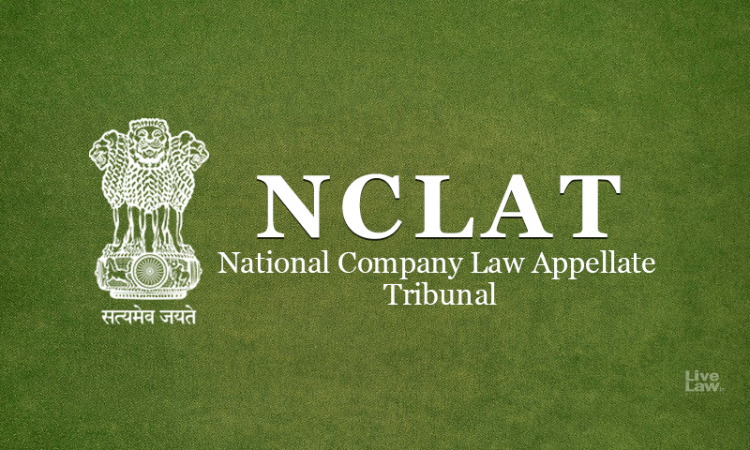Personal Property of Guarantors Cannot Be Transferred During CIRP of Corporate Debtor: NCLAT
LIVELAW NEWS NETWORK
13 Sept 2021 9:30 AM IST

Next Story
13 Sept 2021 9:30 AM IST
The National Company Law Appellate Tribunal has held that the personal property of the Guarantors could not be transferred in the Corporate Insolvency Resolution Process of the Corporate Debtor, even though, their properties were mortgaged with the Financial Creditors.Officiating Chairperson AIS Cheema and Technical Member Alok Srivastava held under Section 61(3) of IBC that the Resolution...
